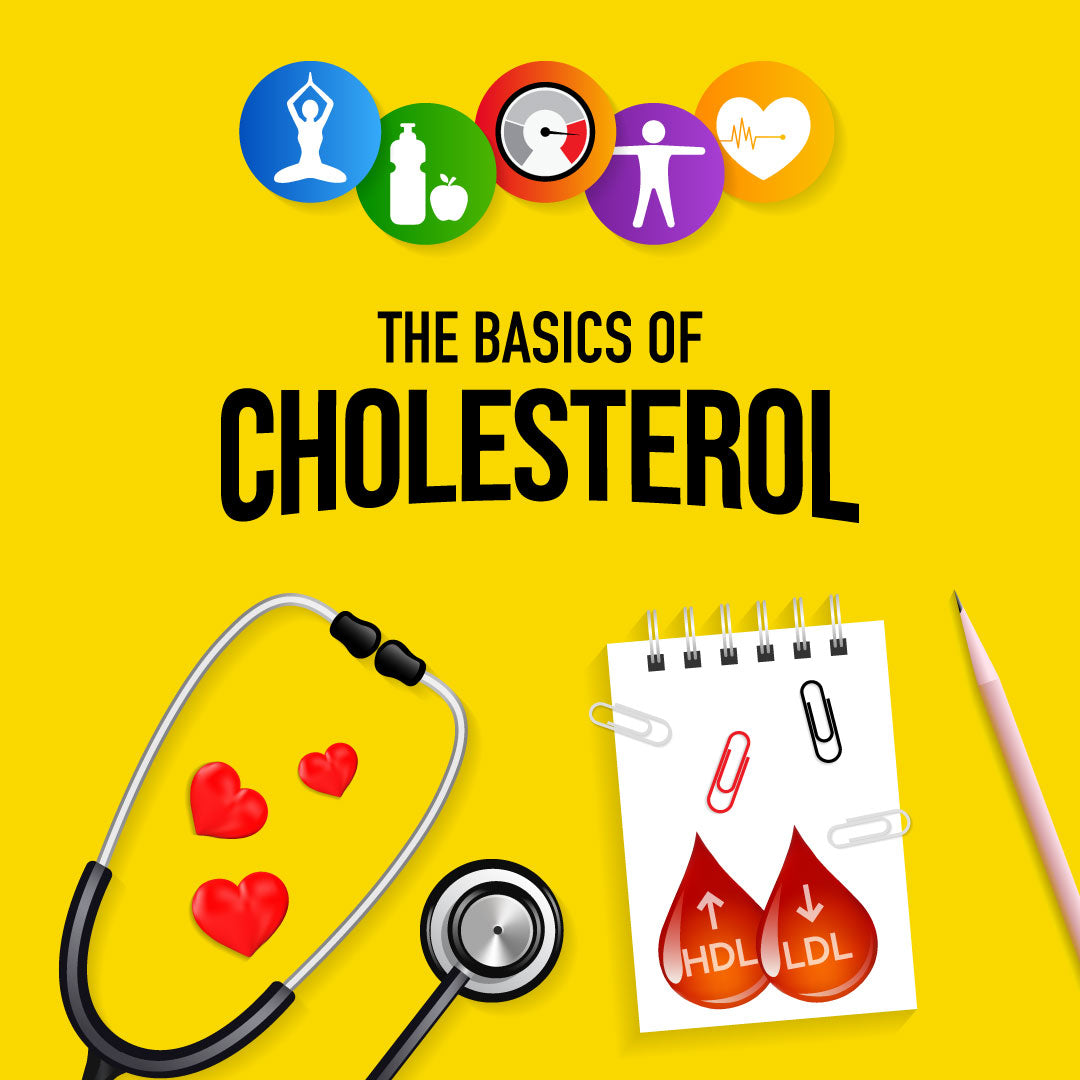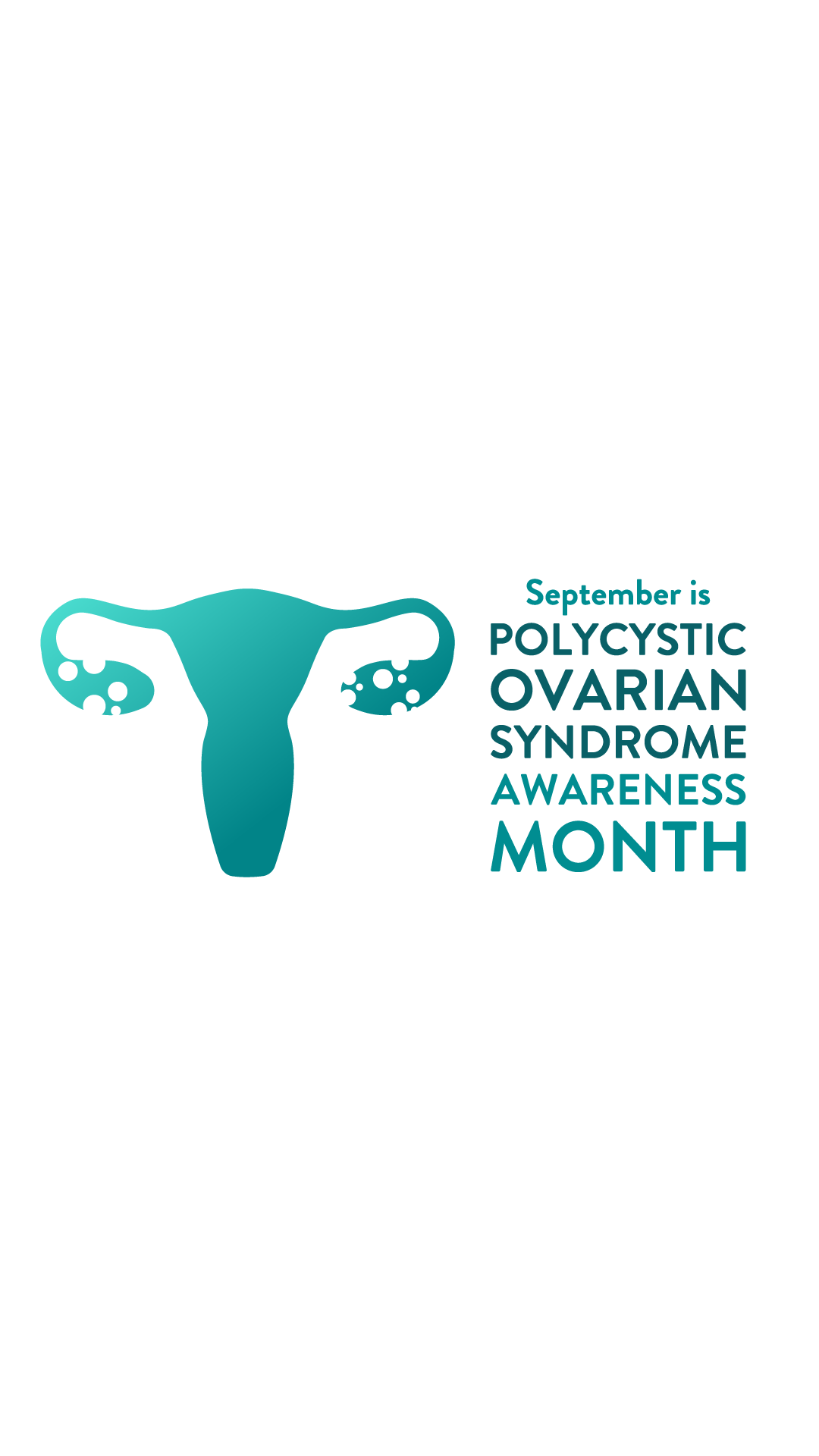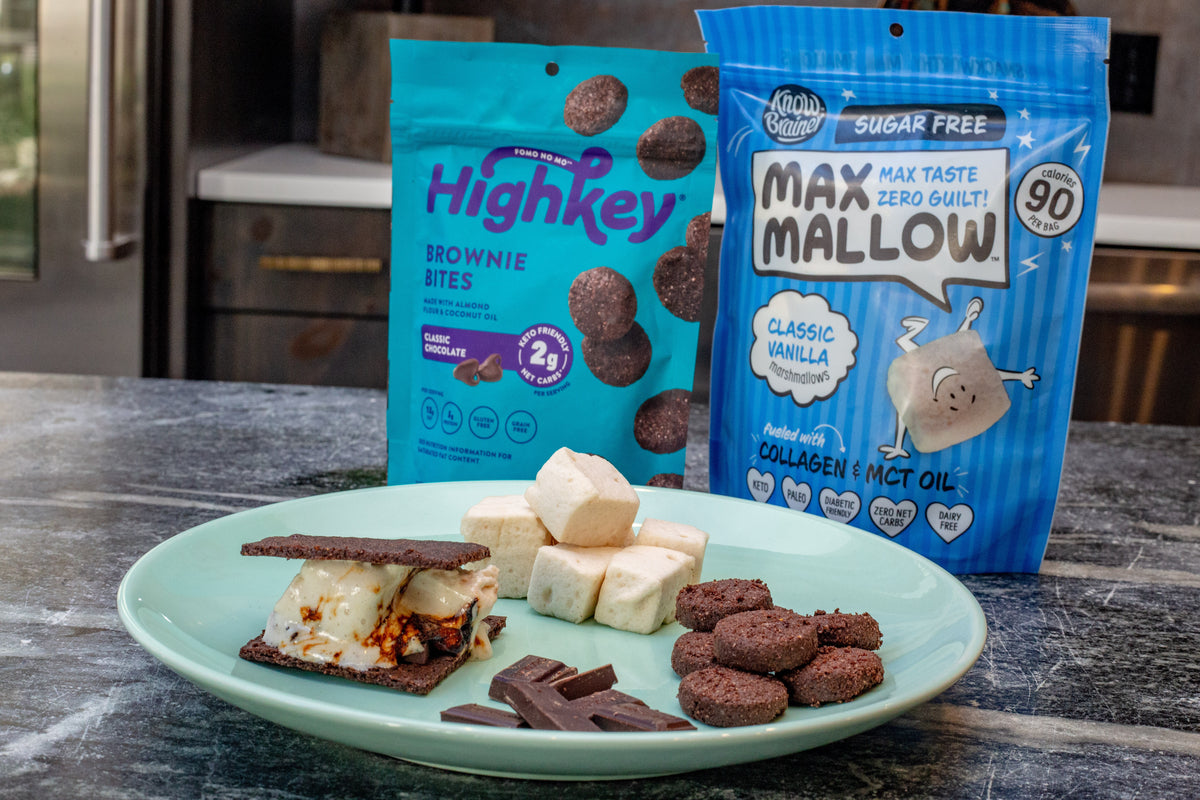knowledge
The Basics of Cholesterol

Cholesterol Facts
- Cholesterol is vital for life and it needs to be spread to different parts of the body in order to perform useful functions.
- The amount of cholesterol in the system is actually tightly regulated by the body and is affected very little by the foods we consume. When the body needs cholesterol, it synthesizes it. When it needs to get rid of it, it excretes it.
- Cholesterol itself doesn’t flow freely in the blood.
- Instead, it needs to enter a vehicle, which does flow in the bloodstream.
- There are two such types of vehicles: High Density Lipoproteins (HDL) and Low Density Lipoproteins (LDL).
- The two most relevant metrics of these cholesterol vehicles (lipoproteins) are the size of the vehicle and the number of vehicles.
- Triglycerides also enter these vehicles to ride with cholesterol through the bloodstream.
- When triglycerides increase, the total number of vehicles needs to increase in order to transport the increased triglycerides.
- However, when cholesterol goes up, the vehicles simply increase size to accommodate the increase in cholesterol.
- Here’s the kicker: new research shows that it isn’t total cholesterol that correlates with heart disease, rather it’s the number of vehicles (lipoproteins, LDL-p) which carry this cholesterol that correlates with atherosclerosis heart disease.
- So it’s not the size of the vehicle, it’s the number of vehicles present.
- It’s simple math: any given LDL particle is just as likely to stick to the artery wall, regardless of its size or cholesterol content. More particles = more chances for sticking.
- The higher your triglyceride count, the more particles needed to transport triglycerides and cholesterol through the bloodstream.
- The more particles moving through the bloodstream, the greater the chances for buildup.
In other words, the higher our triglyceride levels, the greater our LDL particle count and the greater our risk of heart disease.
“One of the biggest misconceptions out there (maybe second only to the idea that eating fat makes you fat) is that cholesterol is “bad.” This could not be further from the truth. Cholesterol is very good! This is a fact, not my opinion. Anyone who tells you differently is, at best, ignorant of this topic. At worst, they are a deliberate charlatan. Years ago the Canadian Guidelines removed the limitation of dietary cholesterol. The rest of the world, especially the United States, needs to catch up.” — Peter Attia M.D., Eating Academy
Diet & Cholesterol
The takeaway from all of this is that triglycerides seem to be the biggest culprit in increasing the chance of heart disease.It was once thought that eating high amounts of dietary cholesterol resulted in high cholesterol in your body, but this idea has been debunked in recent years. As previously noted, your body makes cholesterol, and it has been found that cholesterol production acts on a lever. When you eat a lot of dietary cholesterol, your body reduces the amount it makes. When you don’t eat much cholesterol, there’s an uptick in your body’s production. This is a very clear symbol that your body needs cholesterol to function, and that we need not be concerned about the amount of cholesterol we’re eating since our bodies naturally adapt.
While diet doesn’t majorly impact total cholesterol levels, it does affect triglyceride levels. And since we’ve already discussed how triglycerides seem to have a prominent effect on our cardiovascular health, this is where we should shift our focus.
What effects does the Keto diet have on triglyceride numbers?
A 24 week long study of obese patients following the keto diet conducted by Experimental & Clinical Cardiology and published on PubMed Central concluded:
“The data presented in the present study showed that a ketogenic diet acted as a natural therapy for weight reduction in obese patients. This is a unique study monitoring the effect of a ketogenic diet for 24 weeks. There was a significant decrease in the level of triglycerides, total cholesterol, LDL cholesterol and glucose, and a significant increase in the level of HDL cholesterol in the patients. The side effects of drugs commonly used for the reduction of body weight in such patients were not observed in patients who were on the ketogenic diet. Therefore, these results indicate that the administration of a ketogenic diet for a relatively long period of time is safe.”
Triglycerides are a fat based energy. Your body converts any calories it doesn’t immediately use for fuel into triglycerides and stores them in the blood. Since there is a decreased amount of glucose in your blood when you’re on a keto diet, this allows your cells to use the triglycerides for energy instead, and therefore; the triglyceride level is reduced.
While there is still more medical research to be done, it’s not difficult to find those in the keto community who have first-hand experience with keto improving their triglycerides. Here are a couple of anecdotal experiences from members on /r/keto:

Two cases of massive triglyceride reduction with the Keto diet!
Keto For the Win!
The keto diet has historically gotten a bad rap in terms of how it affects cardiovascular health. But the more studies that are done on the health benefits of eating a low carb diet, the more convinced we are that we’re on the right path! And just as the medical community is finally starting to come around to accepting fat as a healthy part of our diet, we hope that cholesterol will be the next nutrition “villain” to be let off the hook!
Additional Reading:
https://www.virtahealth.com/faq/triglycerides-ketogenic-diet
https://www.healthline.com/nutrition/dietary-cholesterol-does-not-matter
https://cholesterolcode.com/
The information provided in this article should not be used for diagnosing or treating a health problem or disease, and those seeking personal medical advice should consult with a licensed physician. Always seek the advice of your doctor or other qualified health provider regarding any medical condition.

















































услуги опрессовка системы отопления
111 weeks agoNice answer back in return of this difficulty with real arguments and telling everything on the topic
of that.